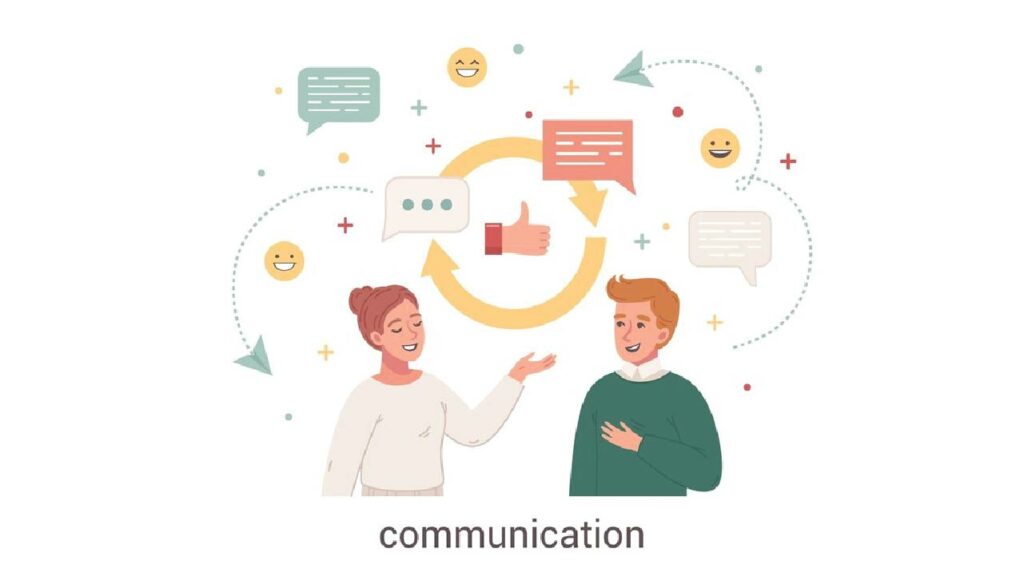
Enterprises are not immune to the occasional misstep in the dynamic business landscape. Mistakes are inevitable, but how you handle them can significantly impact the strength of your client relationships. Transparency and accountability are the cornerstones of building trust, and one powerful way to demonstrate these qualities is through effective error reporting.

The Importance of Transparency
In a world where clients demand transparency, acknowledging and addressing mistakes head-on is crucial. Transparency is not just a buzzword; it’s a fundamental element of a successful and sustainable business relationship. Clients appreciate openness and honesty, and when they encounter a company that is forthright about its oversights, it builds a foundation of trust.
Embracing transparency fosters a culture of authenticity. Clients are more likely to understand the complexities of business operations when they see a company being candid about its challenges. This level of openness establishes a mutual understanding, reinforcing that you and your clients are partners navigating the ever-evolving landscape together.

Admitting Mistakes: A Sign of Strength
Contrary to the fear of tarnishing your reputation, admitting mistakes can be a sign of strength rather than weakness. Clients understand that perfection is an unrealistic expectation, and they value the ability of a business to own up to its shortcomings. When you promptly acknowledge errors, it demonstrates your commitment to integrity and accountability, key elements in fostering long-term partnerships.
Additionally, admitting mistakes can humanize your brand. It shows clients that real people are behind the scenes, working diligently to provide the best service possible. This relatability can strengthen the emotional connection between your brand and your clients, making it more likely that they will forgive and continue to trust your organization.

The Road to Redemption: Corrective Action
Acknowledging mistakes is the first step; the next crucial phase is taking swift and effective corrective action. Communicate clearly with your clients about the steps to rectify the situation. Whether it involves fixing a software glitch, revising a proposal, or offering a sincere apology, the sincerity of your efforts will not go unnoticed.
Moreover, rectification is an opportunity to showcase your commitment to customer satisfaction. Going above and beyond to make amends demonstrates a dedication to client needs that can turn a negative experience into a positive one. This commitment can create brand advocates out of clients who appreciate your earnest efforts to set things right.

Enhancing Communication
Effective error reporting is not only about admitting when things go wrong; it’s also about enhancing communication channels. Regular updates on the progress of resolving the issue keep clients informed and demonstrate your commitment to resolving the matter efficiently. The more transparent and communicative you are during times of crisis, the more your clients will appreciate your dedication to their satisfaction.
Furthermore, improved communication during challenging times can lead to increased client loyalty. When clients feel well-informed and involved in the resolution process, they are more likely to view your company as a trusted partner rather than just a service provider. This sense of partnership can be a powerful differentiator in a competitive business landscape.

Learning from Oversights
Every mistake is an opportunity for improvement. Rather than viewing errors as setbacks, treat them as valuable lessons. Conduct a thorough analysis of what went wrong and implement preventive measures to avoid similar issues in the future. Share these insights with your clients to assure them that you are committed to continuous improvement and that their concerns are taken seriously.
Taking the time to learn from mistakes prevents future errors and demonstrates a proactive approach to problem-solving. Clients appreciate a business that corrects issues and invests in preventing their recurrence, showcasing a commitment to excellence beyond mere damage control.

Building a Culture of Accountability
Effective error reporting goes beyond individual mistakes; it’s about fostering a culture of accountability within your organization. Encourage your team to take ownership of their actions and proactively identify and address potential issues. When everyone in the organization understands the importance of accountability, it permeates all aspects of the business, creating a more resilient and trustworthy environment.
A culture of accountability benefits client relationships and boosts employee morale and productivity. Team members who feel empowered to take responsibility for their actions are more likely to approach their work with pride and commitment, contributing to a positive and proactive work environment.

Owning your oversights is not just a business practice; it’s a commitment to integrity and transparency. By embracing mistakes as opportunities for growth, admitting them to your clients, and taking decisive corrective action, you build trust that can withstand the occasional misstep. In a business world where relationships are paramount, the ability to handle errors with grace and accountability can be a defining factor in the success and longevity of your partnerships. Remember, it’s not about being perfect; it’s about being honest, open, and dedicated to continuous improvement.
